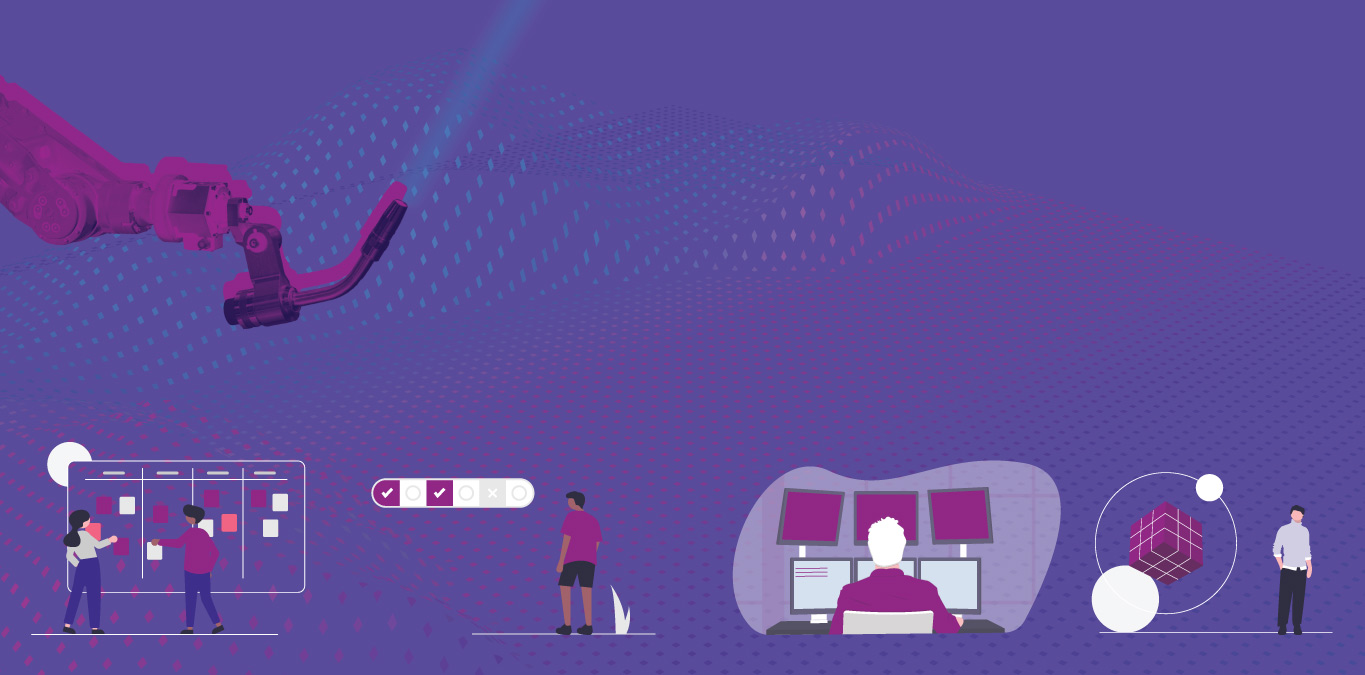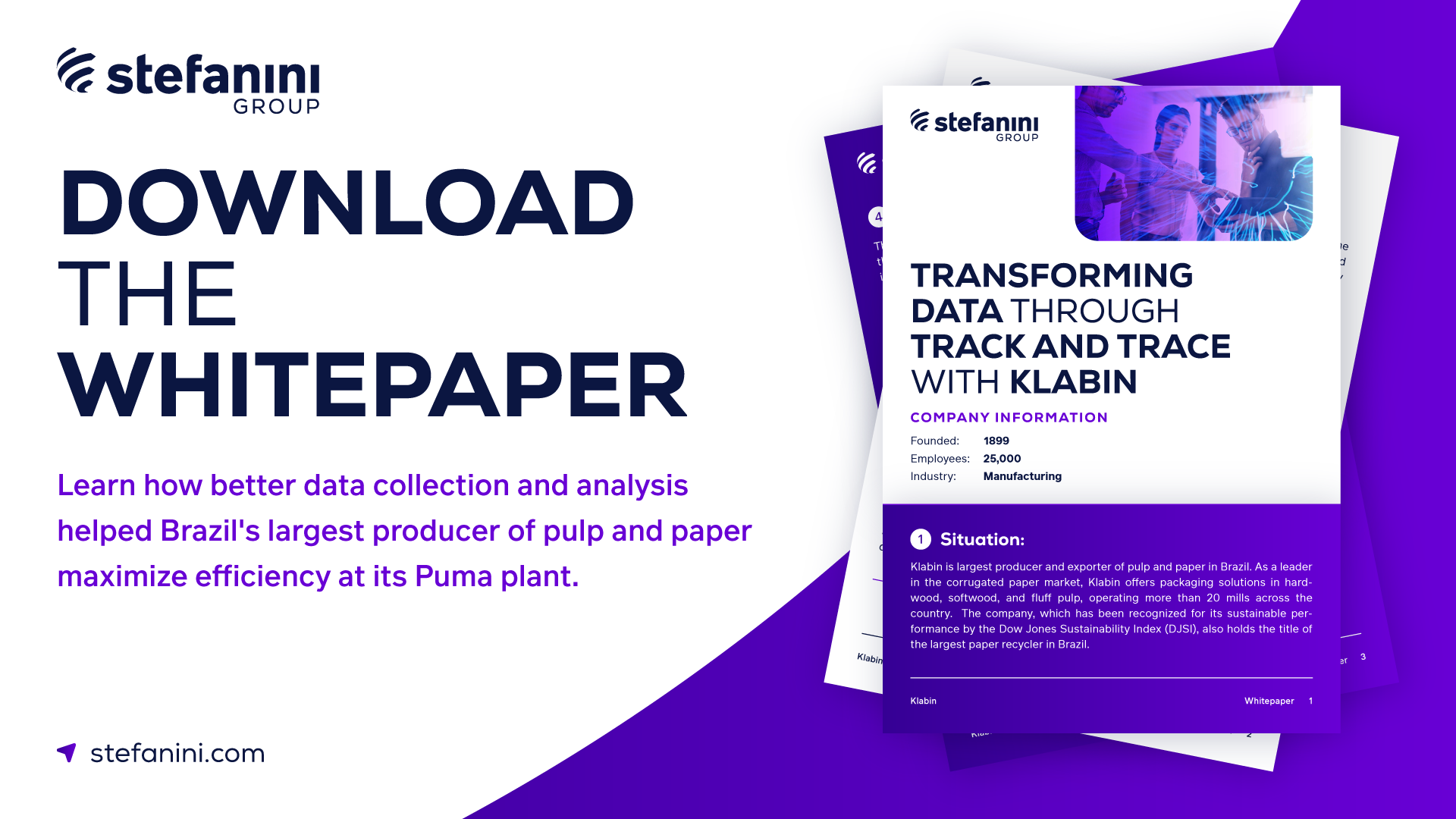eCommerce is a $2 trillion market, and artificial intelligence (AI) is expected to drive this amount much higher.
Why?
To start, AI can assist merchants in making better sales predictions in the future, providing better customer service, retargeting consumers who have churned, and improving conversion rates. At the same time, customers will have a simpler, more seamless, more convenient, personalized, and speedier purchasing experience than ever before thanks to AI.
How will AI and machine learning affect the future of eCommerce? Let’s take a deeper dive!
How is the cloud elevating customer experience management? Check out our blog here!
The Impact of AI on eCommerce
Artificial intelligence in eCommerce isn’t just a new technology that’s being deployed for the sake of its “cool factor.” AI implementation has the ability to affect a wide range of business operations across your company, improving user experience in the process.
Understanding the components of artificial intelligence will help you comprehend how it might affect your organization.
Let’s start with the basics – AI is a broad term that includes data mining, natural language processing, and machine learning:
- Data mining is the process of collecting both current and historical data in order to make predictions.
- Natural language processing is concerned with the human-computer connection and how computers comprehend natural human speech.
- Machine learning entails employing a set of algorithms to apply prior knowledge or offer examples in order to solve a problem.
- Finally, deep learning is the process of layering algorithms in order to get a better grasp of data.
Over the last few years, AI has evolved into a powerful tool for increasing sales and streamlining operations. Many small ecommerce enterprises are utilizing AI-enabled technology.
10 Major Applications for eCommerce that Get a Boost from AI
Like it or not, AI is probably a more commonplace feature in your everyday life than you might think. Let’s look at a few ways that AI is having a powerful effect on eCommerce:
1. Voice search – It’s commonplace nowadays for people to rely on voice assistants like Alexa and Siri to keep track of their daily schedules or learn more about a product before online shopping. This, of course, is nothing new; in 2016, Gartner predicted that 30 percent of web browsing sessions would be done without a screen. According to Loup Ventures’s updated speaker sales forecast model, 75 percent of individuals in the United States will own a smart speaker by 2025, producing $35.5 billion in revenue.
2. Conversational chatbots – Many well-known brands like Starbucks, Sephora, and Domino’s Pizza have already implemented chatbots to help their eCommerce businesses enhance customer service. A customer can ask a bot any question about a product and receive an immediate response. This can have a big impact on whether or not a customer decides to buy something because they get speedy answers to their questions. At the same time, improvements in natural language processing (NLP) ensure that conversations resemble human interactions as closely as possible, which makes the tools even easier to navigate.
3. Visual search – Irrelevant product results can be so irritating to customers shopping online stores that they may quit shopping on your site. This is when AI comes into play. To address this problem, AI typically employs NLP to contextualize and improve search results. Furthermore, AI employs visual search skills that are more likely to match the goods. Making it possible for us to shop for the items we want and enjoy.
4. VR and AR – Virtual reality and augmented reality can be utilized to construct systems that give customers the impression that they are shopping in a real store. Imagine sitting on your couch and purchasing your favorite item after digitally trying it on and enjoying a pleasant shopping experience. This is one of the most popular AI applications for eCommerce.
5. Personalized recommendations – One of the most popular applications of AI is offering shoppers customized product suggestions based on prior customer behavior, customer data, purchase histories, and customer lookalikes. According to a survey conducted by Econsultancy, about 74 percent of marketers have stated that targeted personalization increases their overall customer engagement rates. Machine learning is used by retailers to collect, evaluate, and apply data in order to provide a tailored experience, launch a marketing campaign, optimize pricing, and produce customer insights. Further, as ML improves over time, less and less involvement will be needed from data scientists.
6. Personalized search – Businesses can utilize AI-powered search engines, also known as insight engines, to integrate search with machine learning capabilities, allowing for more targeted internal website research.
7. Pricing optimization – Dynamic pricing with AI is a strategy for altering the price of your product based on supply and demand. Today’s AI solutions can forecast when and what to discount with the correct data, dynamically determining the minimal discount required for the sale.
8. Sales forecasting – In a post-COVID-19 world, retailers will want to organize inventory based on both real-time and historical data. According to a recent McKinsey analysis, real-time customer analytics will continue to be critical for monitoring and reacting to fluctuations in consumer demand that may be used for pricing optimization or targeted marketing.
9. Smart logistics – Intelligent logistics entails using real-time data from sensors, RFID tags, and other devices for better inventory management and to estimate demand. Machine learning systems improve over time, allowing them to make more accurate predictions for supply chain and logistical activities.
10. Social commerce – According to Statista, Instagram has 1 billion monthly accounts that are actively marketing through their social media accounts. Further, a 2019 survey from Retail TouchPoints found that the percentage of retailers in North America using social media as a source of eCommerce nearly doubled from 17 percent in 2017 to 33 percent in 2018, and will continue to grow as social media becomes more powerful.
What are the top customer engagement strategies you should be using this year? Get the list here!
Drive Business Growth with an Enterprise AI Chatbot Development Service for eCommerce
The global chatbot market will be worth $1.23 billion by 2025. Many retailers are already taking advantage of this trend by building:
- Simple Bots: These are simple conversational bots that follow a set of pre-defined rules or scripts. These help address simple user questions about product purchases on a website and can be enhanced with NLP skills to make user interactions more natural.
- Smart/AI bots: AI-powered bots increase the consumer experience by responding in a human-like manner while addressing specific user questions thanks to their NLP processing capability and ability to learn quickly from previous user encounters. Check out Sophie for an example!
- Intelligent Agents: These are the most advanced chatbots, featuring machine learning, AI, and natural language processing capabilities, making them completely self-contained.
While some companies have the capabilities to build a bot from scratch, others turn to chatbot development platforms for assistance. You can always construct a small rule-based chatbot that does simple tasks and responds to user queries using platforms like Wit.ai, which is a free Facebook platform, Chatfuel, and Api.ai. However, if you need a bot with a lot of features, you should hire dedicated chatbot developers.
Looking for a guide to retail automation? We have you covered. Check it out here!
Partner with Stefanini for AI-Powered Chatbot Integrations
An increasingly connected world has spurred inventive digital solutions. Sophie is one of these solutions and is the world’s leading omnichannel virtual assistant.
Sophie is built on cognitive computing and artificial intelligence, with a focus on self-adaptation and both interactive and contextual automation, allowing for self-learning and human-like engagement. Her design enables her to assist in a variety of business circumstances and with a variety of personas. She uses an omni-channel approach to deliver a personalized customer experience by integrating several media.
Further, we can enhance your chatbot with our full suite of AI solutions, called SAI. Partner with Stefanini and get access to customizations enhanced by robotic process automation, machine learning, and much more.
Ready to get started? We’re here for you. Reach out today!




















